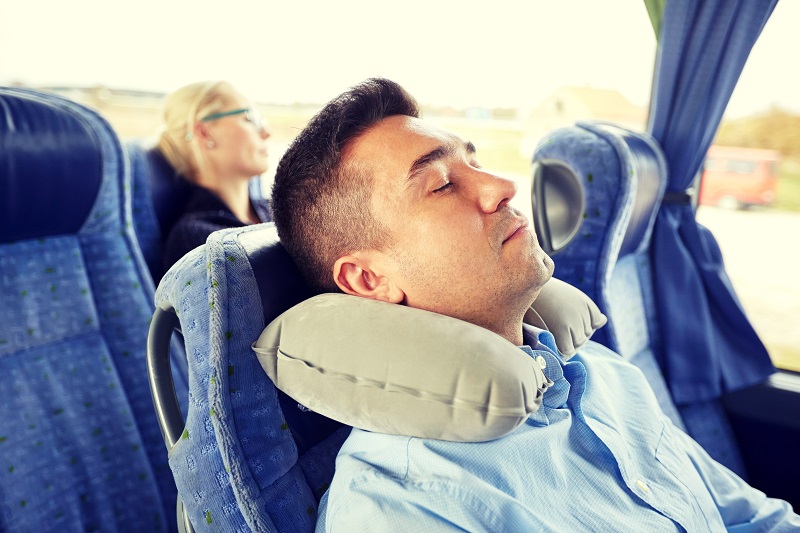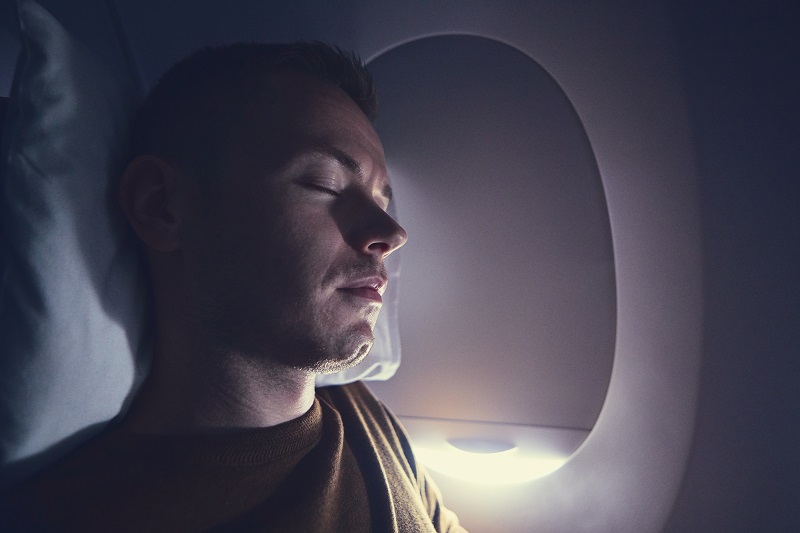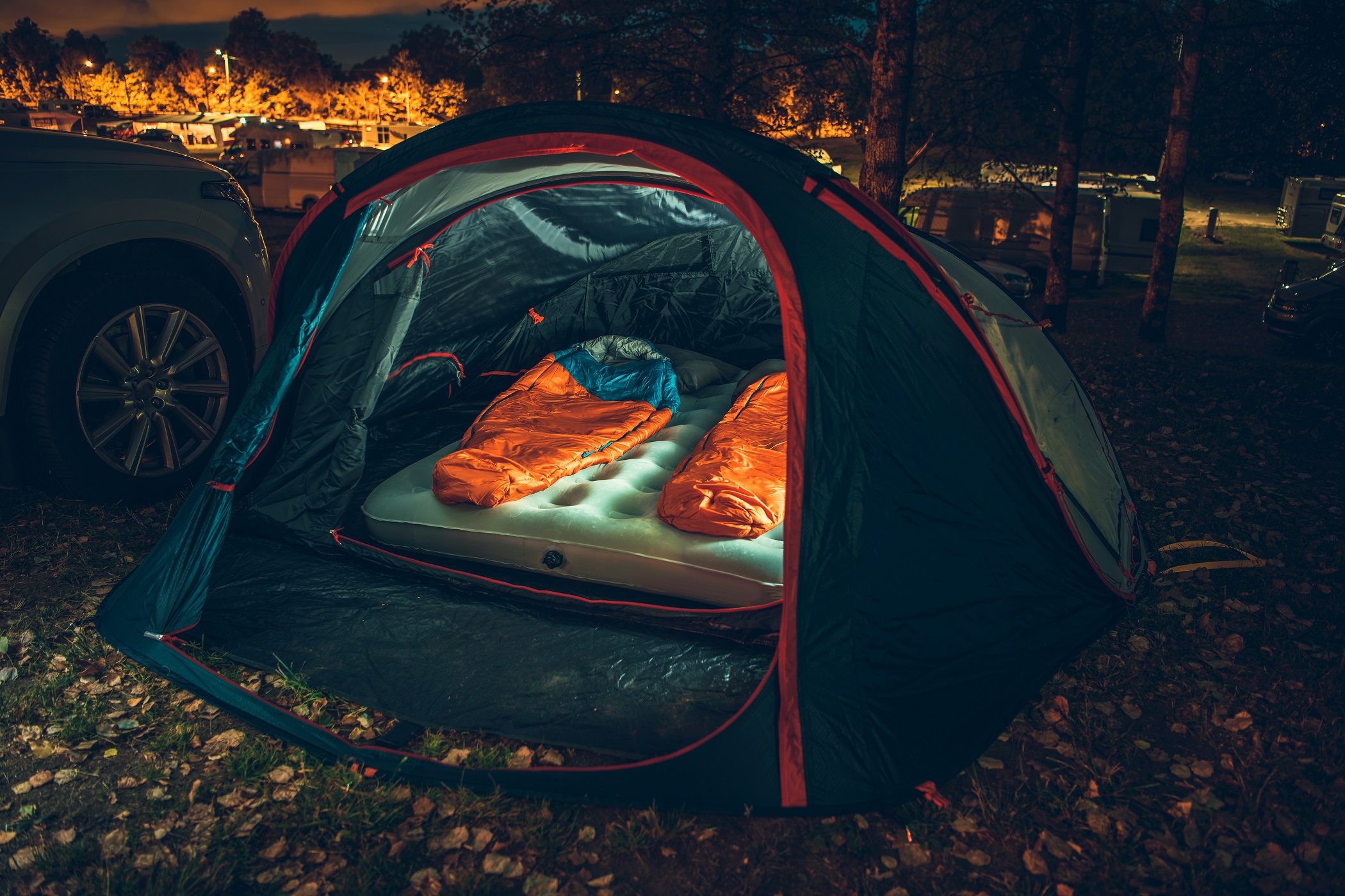Most people can agree that traveling definitely does something to their ability to sleep well. Although you might chalk your traveler’s fatigue up to jet lag or stress, science is beginning to uncover a different possible reason for waking up feeling more exhausted than usual that could be linked to the sleeping habits of animals.
For years, researchers have known that certain types of animals display asymmetry between the two hemispheres of their brain during their sleep cycles. Fur seals, dolphins and birds are a few of the creatures that tend to only shut down one part of their brain for sleep while the other side stays active. For instance, dolphins keep one half of their brain completely awake at all times, and they can switch off between the two hemispheres so that each one gets rest.

While we don’t have this kind of control over our sleeping brain functioning, it is now known that your brain does alter its wave patterns to keep you safe at night.
What is the First Night Effect?
Think back to the last time you stayed somewhere new, and you may recall having trouble falling asleep the first night. While you might have just assumed it was because you were away from the mattress that you’re used to, there may be more to what happened.

Anecdotal reports of people struggling with sleeping in a new environment have been shared throughout history, and scientists began to wonder if there was an actual way to prove that the first night effect is real. The “First Night Effect” is when half your brain stays alert during your first night’s sleep in a new place. This is the primitive brain working to keep you safe in a new environment.
What Does the Research Show?
Interestingly, a team from Brown University decided to do a sleep study to determine exactly how the brain reacts when a person is sleeping in a new environment. The study involved having a group of test subjects spend two nights in the lab during which their brain waves were monitored. During the study, the team of researchers discovered that there were significant differences in slow wave activity in the left and right hemispheres of the brain on the first night, and these evened out by the second.

Seeing that there was a difference in brain activity between the first and second nights caused the researchers to delve even deeper. They were curious to find out if the differences were due to a person needing to stay semi-aware of what was happening in their environment like how a dolphin or bird might respond. On the second night, researchers played random sounds to monitor which parts of the brain responded. As suspected, the left hemisphere showed increased activity to each new sound. This suggests that people’s brains really do stay half awake to monitor the sleeping environment for potential dangers on the first night.
How Do You Keep Travel From Affecting Your Sleep?
The first night effect can leave you feeling more tired the next day since you did not get the full amount of proper rest that you need to be your best. To combat this, you might need to plan your trip so that you arrive a day or two before you need to do something important, so you can get the sleep you need for a business meeting. You can also bring a comfort item from home. A nightgown, pillow or throw blanket may help to trick your brain into thinking that you are in your safe bedroom.

Figuring out that the brain does react to new environments helps with finding ways to treat jet lag and insomnia that plagues travelers. With this new information, you can take actions to prevent yourself from feeling overly tired during your travels.














